Call of the wild: conservationist regales assembly
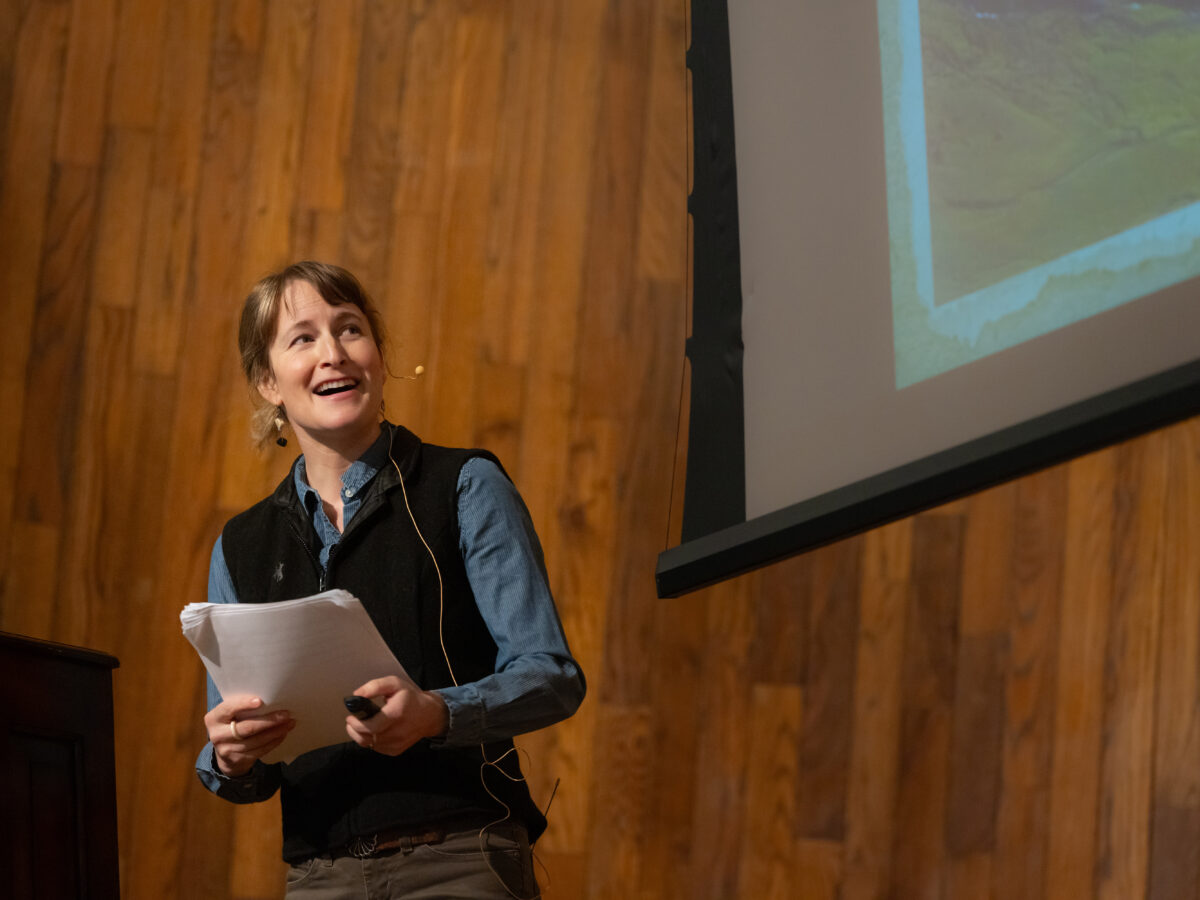
Standing on the Assembly Hall stage, Tia Shoemaker admitted to being outside of her comfort zone. A curious notion considering she comes face to face with moose, wolves and brown bears with regularity.
Shoemaker can be forgiven for her nerves as her life of semi-solitude in the Alaskan bush is a long way from presenting to hundreds of people in civilization. A conservationist, hunting guide and pilot, Shoemaker spoke to a captivated Exeter community about her upbringing in the Becharof National Wildlife Refuge on the Alaska Peninsula and life since in the remote tundra.
“We’re about 60 air miles from the nearest village —King Salmon — And we’re accessible only by small bush plane, which takes about an hour.”
She talked about living without the modern amenities so many take for granted.
“We can’t consistently rely on modern conveniences this far from the grid so we grow or hunt much of what we eat. We use solar and wind power and our water comes from rain collected in barrels or — during the dry times — from potholes on the tundra or nearby creeks. I’ve carried enough buckets of water to know the value of running water.”
In her work as a hunting a fishing guide, Shoemaker leads expeditions for clients hoping to bag a big game animal or angle that once-in-a-lifetime fish.
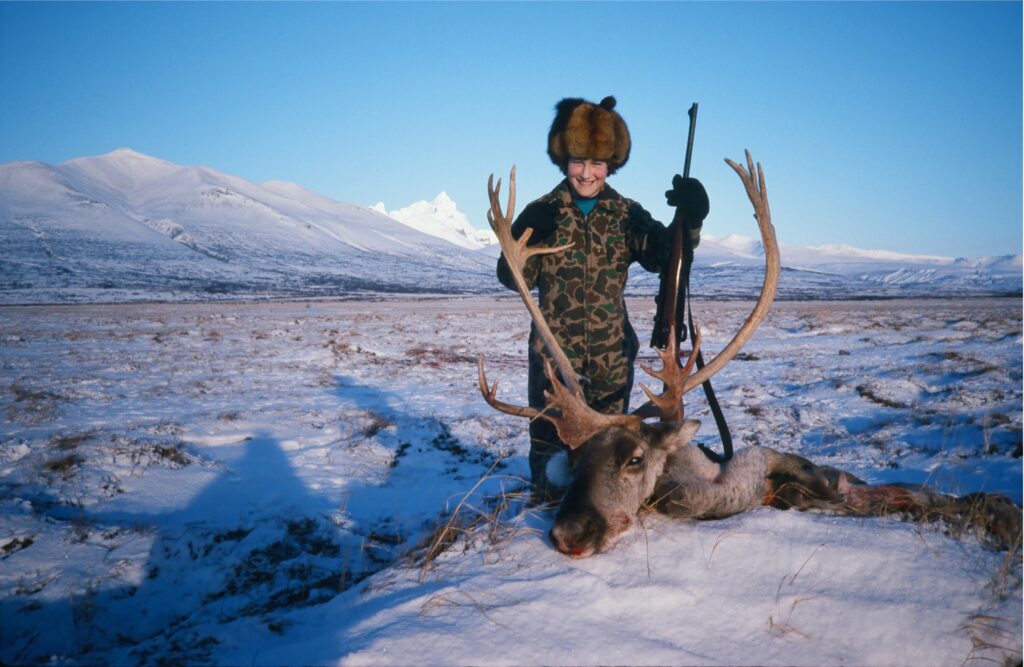
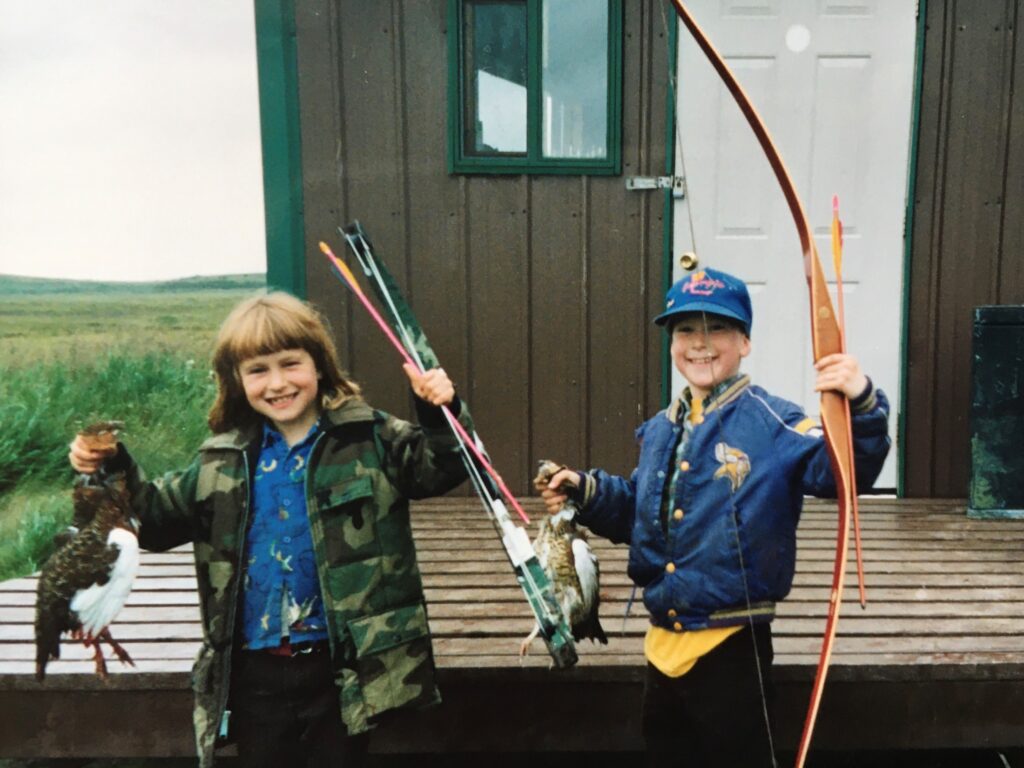
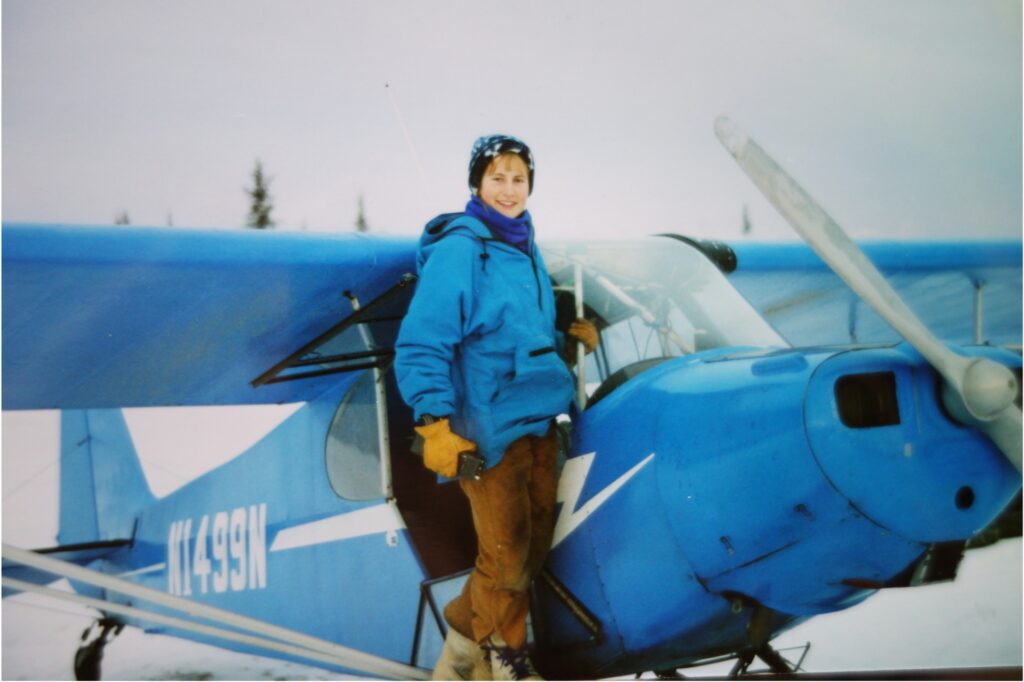
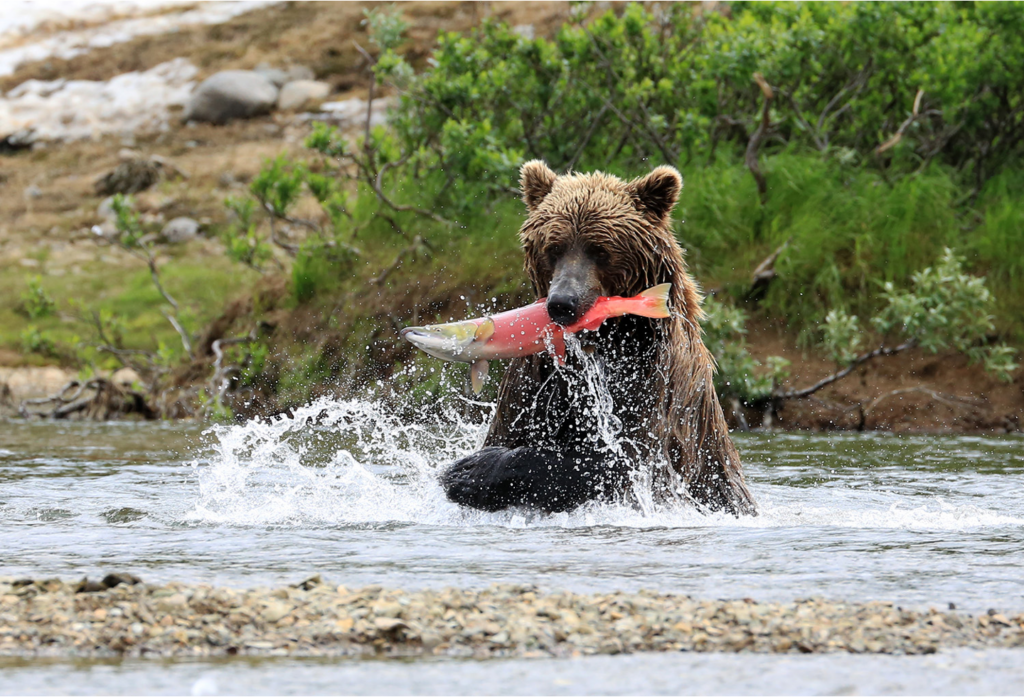
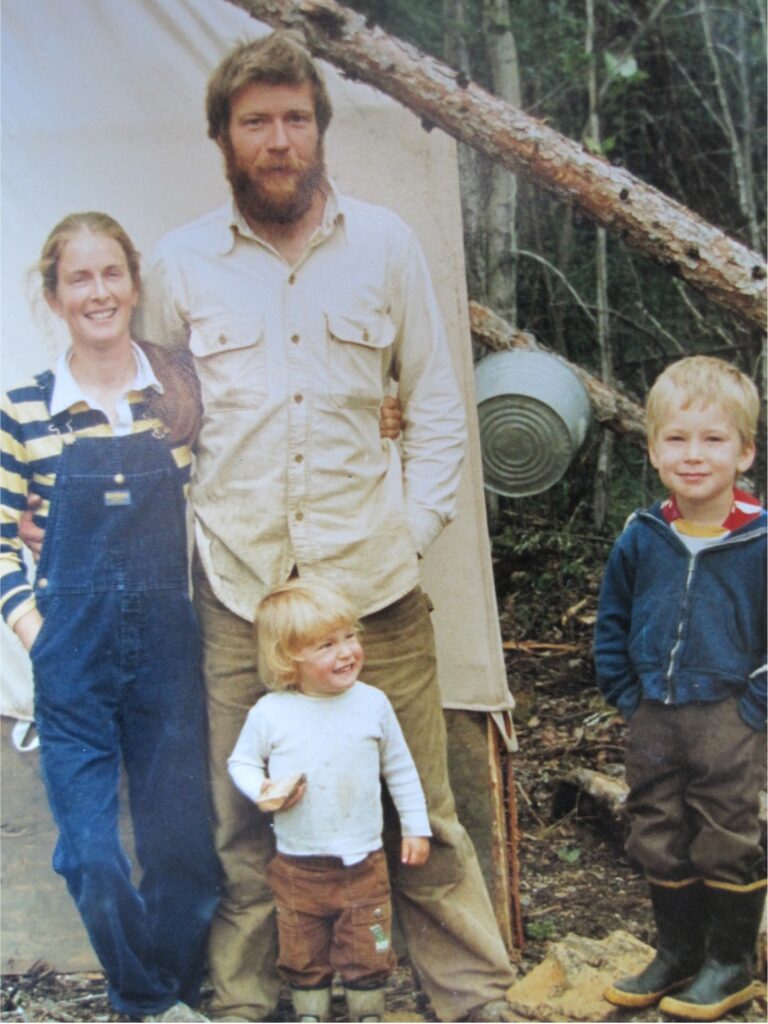
She recalled the rush of emotions she felt as a nine-year-old the time she took down her first caribou.
“I felt awe, I felt pride and I felt sadness. Hot tears started running down my cheeks. I was trying to furiously wipe them away. I didn’t want my dad to see, but he did notice and he placed a hand on my shoulder and said, ‘Let the tears fall. The day that you stop crying, or at least don’t feel like crying when you take an animal’s life, is the day that you should stop hunting.’”
Shoemaker brought a bit of the wild indoors to Assembly Hall, pausing her presentation to ask students to deliver their best wolf calls. Before long the room was filled with a cacophony of howls and yelps.